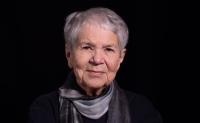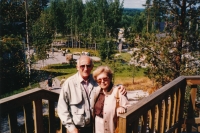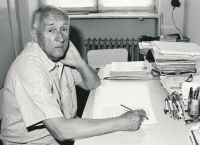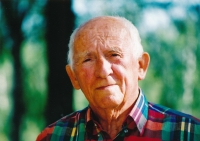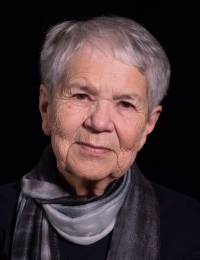You don´t have to be so brave to be a good person

Stáhnout obrázek
Jitka Havlova, née Grundmanova, was born on 27 May, 1933, in Vrutky in the west of Slovakia where her parents helped to fill in the vacuum after the departed Hungarian intelligentsia during the era of the First Czechoslovak Republic. After declaration of the Slovak State in March, 1939 her family left to the Protectorate (Protectorate of Bohemia and Moravia). They survived the war in Nymburk but right after its end they moved to Ceska Lipa again - with the patriotic intention of stabilizing the Czech territory and take over the ‚land of no one‘ from which the Germans were departing. In 1955, Jitka successfully completed her studies of history and philosophy and graduated from the Faculty of Arts at Charles University in Prague. She married a poet, writer and later also the editor of the children’s magazine ‚The Pioneer‘, Jiri Havel. In 1967, she was accepted as an assistant to the newly formed Department of Sociology. She focused on the sociology of work and employment and she experienced the strongly inspiring era of The Prague Spring there. In 1970 she did not pass the normalization political screening. Since the department found ways to keep its teachers, she left the faculty first in 1979. After the Velvet Revolution, she came back to her alma mater and continued teaching sociology.
